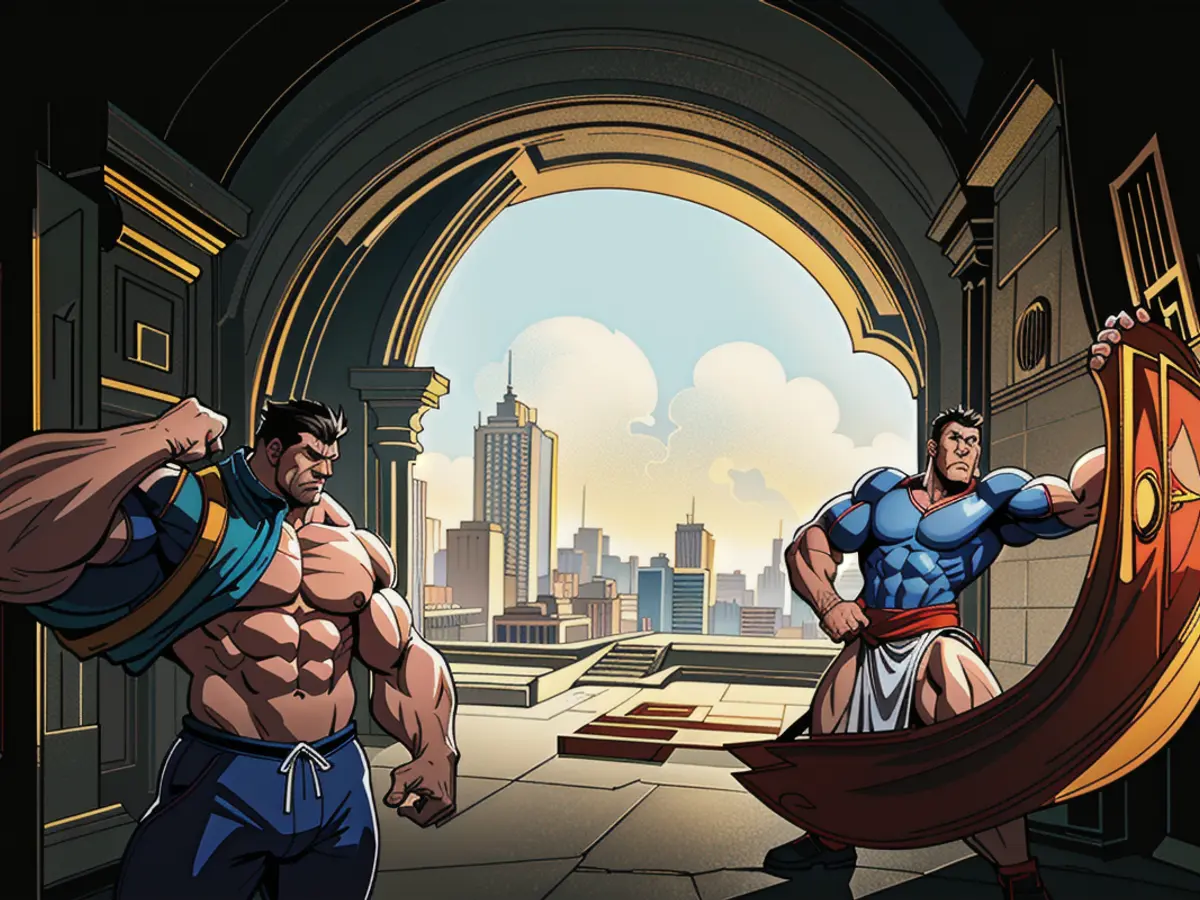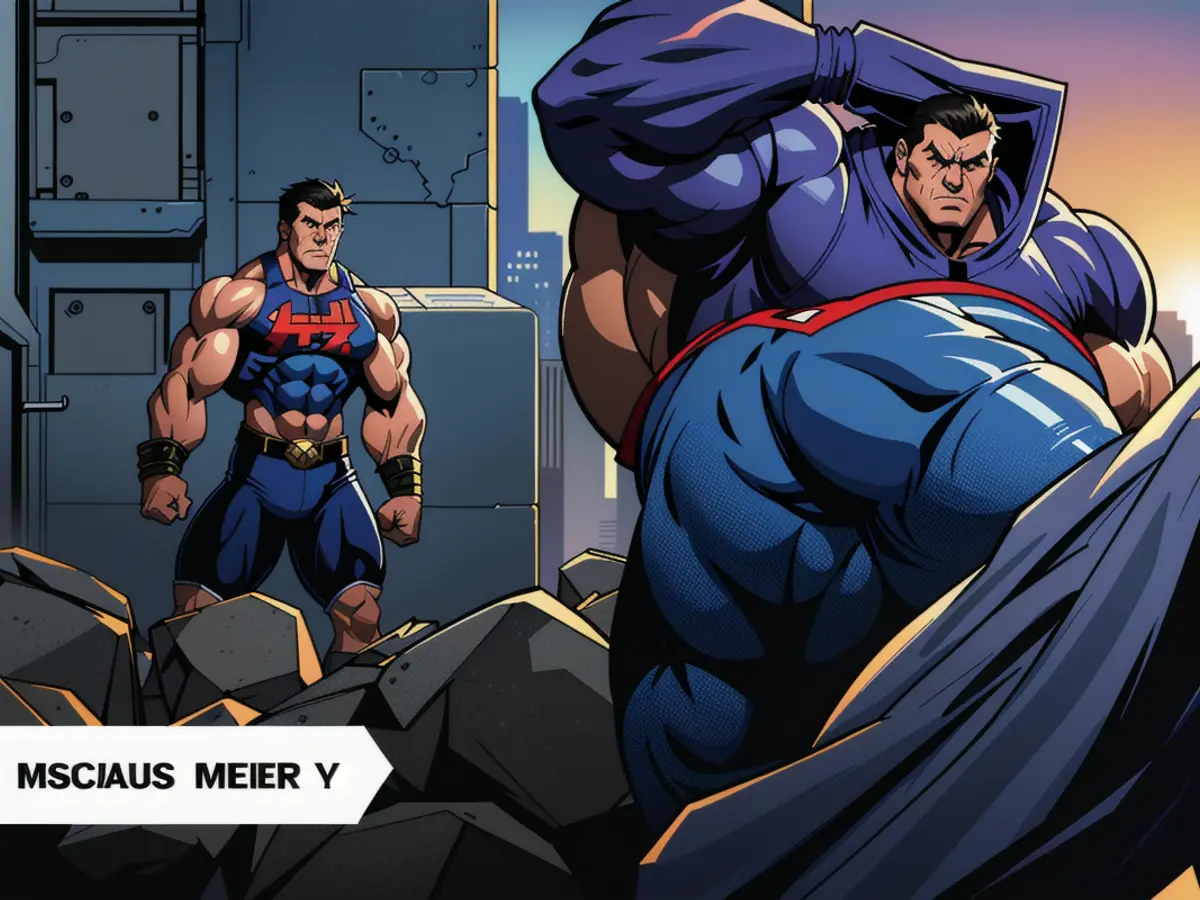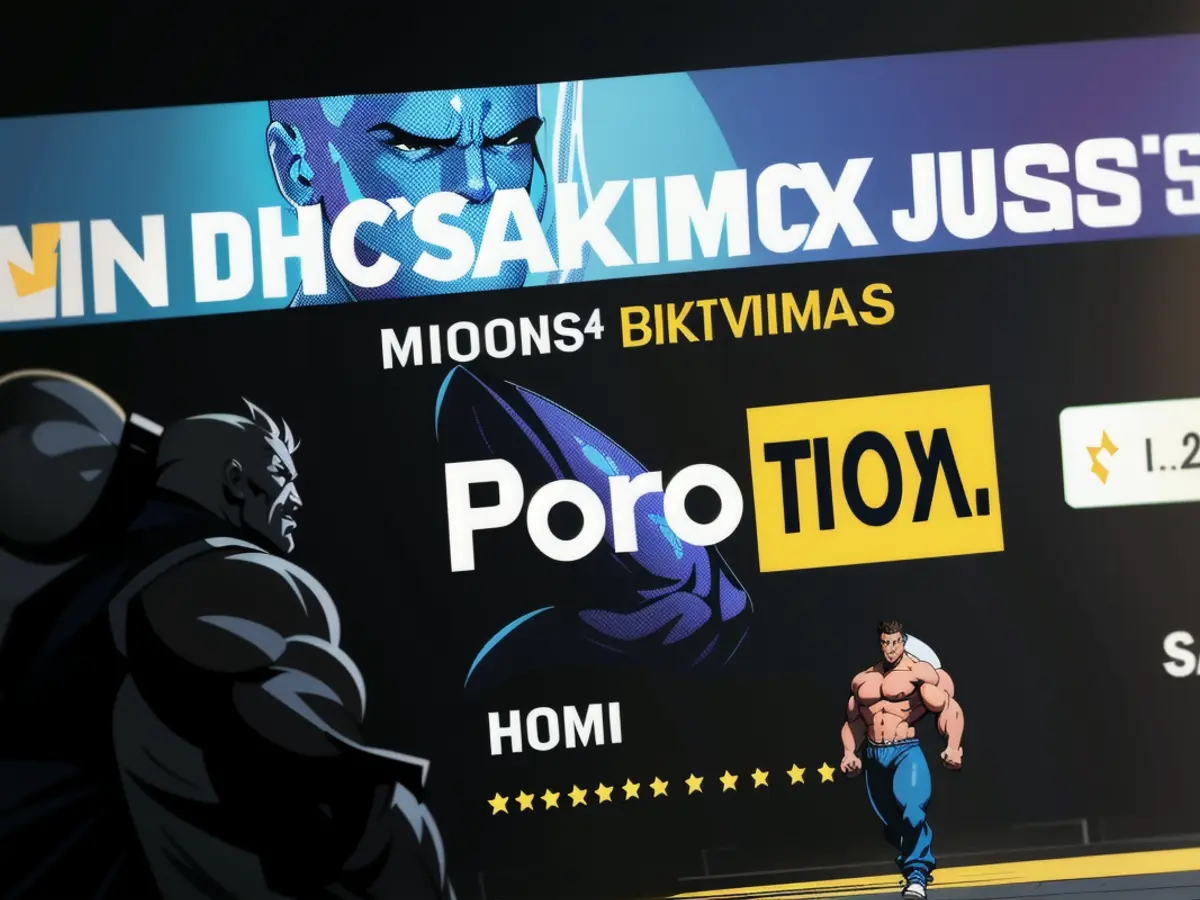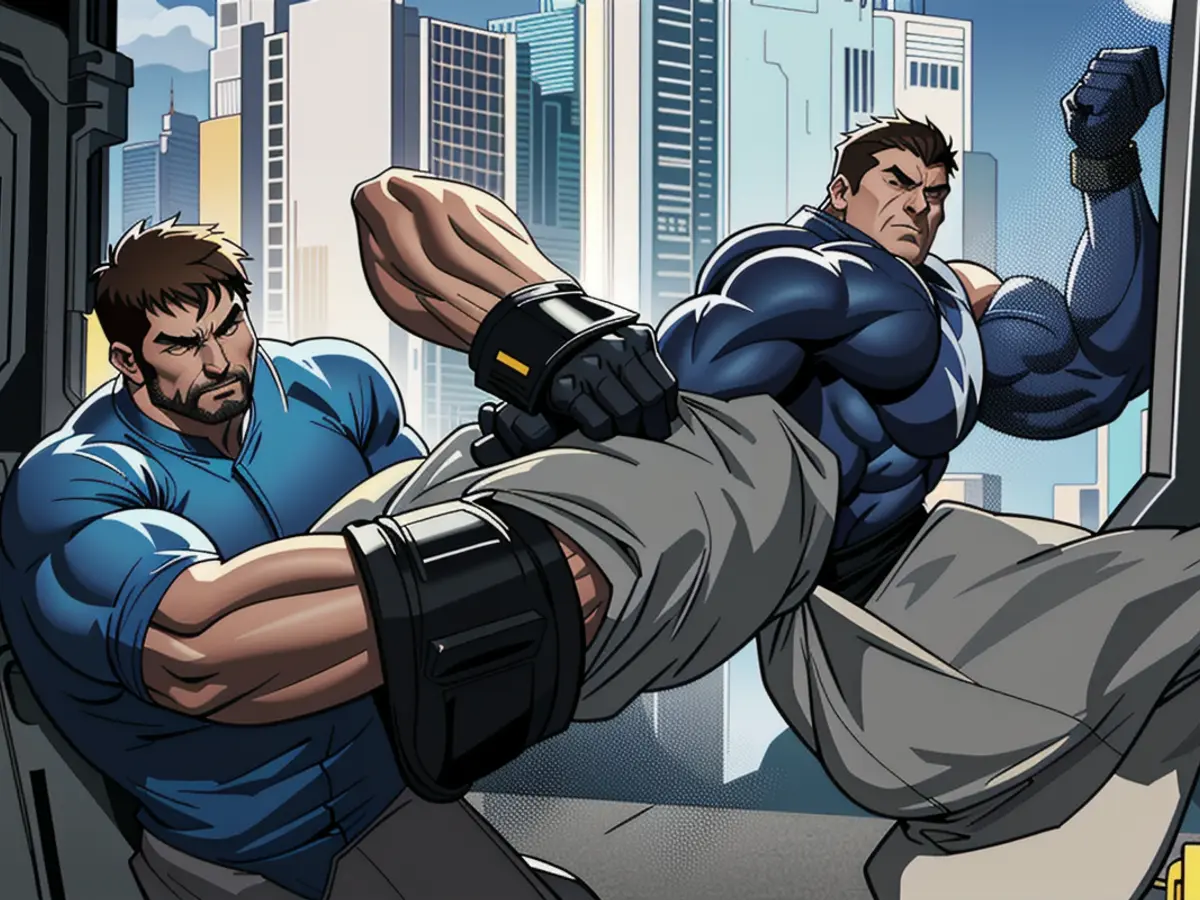Prominent AI Artist Expresses Concern over Financial Loss Due to Widespread Theft of His Creations
There was a significant stir in the artistic circle two years ago after Jason M. Allen, a top executive at a tabletop gaming firm, submitted an AI-generated masterpiece to a digital art competition in Colorado and emerged victorious. Critics accused Allen of cheating, but he was unapologetic, stating, "I'm not going to apologize. I won, and I didn't break any rules." Allen also seemed unfazed by the threat posed by AI companies like Midjourney, which he used to create his artwork, to the art market. He declared to the New York Times, "This isn't stopping. Art is dead, dude. It's over. A.I. won. Humans lost."
In a peculiar turn of events, Allen is now irked that his creation, made using a platform allegedly responsible for plundering countless copyrighted works, cannot be copyrighted itself, making him a victim of plagiarism. In March of the previous year, the U.S. Copyright Office ruled that work derived from AI platforms lacked human authorship and was thus ineligible for copyright protection. Since late 2022, Allen has been endeavoring to secure copyright protection for his piece titled "Théâtre D’opéra Spatial."
Last week, Allen lodged an appeal in a federal court in Colorado, contesting the U.S. Copyright Office's denial of copyright registration for his work. Allen's primary grievance is financial, as he laments the decline in value of his work, impacting his ability to charge industry-standard licensing fees. "I've noticed a decrease in value in my work, which has hindered my ability to charge standard licensing fees," Allen told Colorado Public Radio.
© Wikimedia Commons/Fair Use "Théâtre D’opéra Spatial" by Jason Allen
Allen also alleges that his work is being stolen, ironically by the same individuals responsible for building the AI tools he used to create his artwork. "The Copyright Office's refusal to register 'Theatre D'Opera Spatial' has left me in a precarious position, with no means to retaliate against individuals blatantly appropriating my work without remuneration or acknowledgment," Allen stated.
"There have been cases where people have outright copied my work, integrating the entire piece into a new creation," Allen complained to KUSA News. "There are individuals who have posted my work for sale in physical form or as NFTs and are attempting to sell it on OpenSea or Etsy."
Midjourney, the platform Allen utilized to produce his digital artwork, is currently embroiled in a lawsuit by a group of artists who claim their work was used (without remuneration or acknowledgment) to train the algorithm that aided Allen in creating "Théâtre D’opéra Spatial."
Allen's lawyer recently argued that Allen had invested considerable time in his digital illustration. "In our case, Jason engaged in extensive dialogue with the AI tool, Midjourney, to create his work, and we listed him as the author," Pester said. Allen insists that following the generation of an initial image using Midjourney, he also spent time editing it with Photoshop, as well as another tool, Gigapixel AI.
Examining the arguments presented in the case summary provided by the Copyright Review Board reveals several amusing claims made by Allen. For instance, after the Copyright Office ruled that content created by Midjourney couldn't be copyrighted, Allen countered by arguing that "the Office ignored the fundamental factor of human creativity required to produce a work using the Midjourney platform." By this, Allen meant that the court should acknowledge "his 'creative input' into Midjourney, which included 'entering a series of prompts, adjusting the scene, selecting portions to focus on, and dictating the tone of the image,'" which, he asserted, offered potential for copyright protection.
"The U.S. Copyright Office's refusal to acknowledge human authorship in AI-assisted creations underscores a critical problem in contemporary intellectual property law. As AI continues to evolve, it is essential that our legal frameworks adapt to protect the rights of those harnessing these technologies for creative expression," Allen's lawyer, Pester, recently declared.
In light of the ongoing legal battle, tech giants like Midjourney must consider revising their AI algorithms to ensure respect for artistic ownership and intellectual property rights in the future. The artificial-intelligence-generated future of art poses both opportunities and challenges, requiring robust discussions and regulations within the tech and artistic communities.









